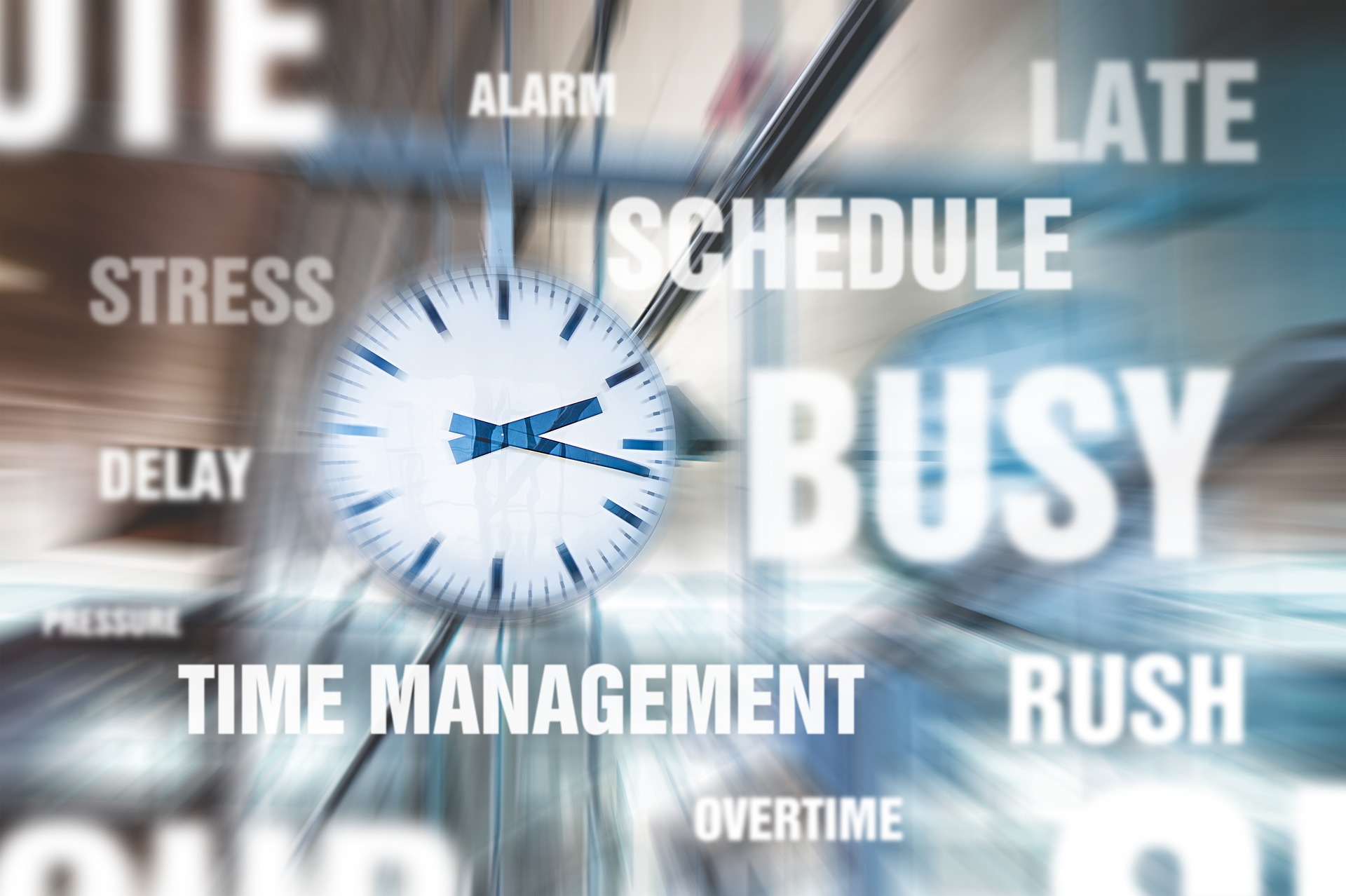
5 Highly Effectively Strategies For Dealing With Change

Change is inevitable. Some changes we initiate and enter into willingly, while other changes are thrust upon us. Changes that happen to us may be desirable or undesirable. All change is a step into the unknown. And I see change as a chance to change for better. Changes emerge from a variety of sources:
- Changes in family
- Changes as we age
- Changes through the phases of our business
- Changes in technology
- Changes in the market
- Changes in what were once tried and true practices
- Changes brought on by a significant personal event or calamity
- Changes in relationships
- Changes in the legislation
Whether we choose a change for ourselves, or have some change imposed on us, change demands that we leave what we know and move toward what is not yet clearly defined. For this reason, change offers us amazing opportunities for personal and professional growth – but we often miss those opportunities. Here are just a few reasons why:
- We may buck or balk at the change
When we actively resist change that is unavoidable, we’re prone to fight, kick, grumble, and complain about it. If the change is truly inevitable, then this negative response only serves to prolong our misery and hinder our growth. This response also makes us difficult to live with! - We may blame others for the change
If what we perceive to be a negative change is forced upon us, it’s easy to resent those who imposed the change. Our resentment can evolve into anger, holding grudges, and broken relations ships. Our dark responses place us in a thick, gloomy smog that prevents us from seeing our dealing with the situation clearly. - We may retreat from the change
We do this by passively avoiding the change, trying to postpone it, or deny its reality. This approach transports us into a fantasy world of our own creation where no real growth or forward movement can occur.
How do we respond to change in a healthy manner?
5 Highly Effectively Strategies For Dealing With Change
- Accept the change and step into it with childlike wonder
Have you ever noticed that when Americans travel abroad, there are really two major types of tourists? On the one hand are tourists who want to experience their host country by retaining as much of their home as possible. They eat the food they are eating at home, they get their coffee in chain stores, like at home, they stay at places where everyone speaks the language of their country, and so forth. Frankly, I’m not sure why they even bothered traveling abroad, when they could experience the same thing in a burrow of a city in their country.The second kind of tourist studies the language of the host country before departing. They seek to stay in out-of-the-way places unfrequented by tourists. They wander around with childlike wonder attempting to soak up as much of the culture, its people, and its beauty as possible. I think you know what I’m talking about.When change is thrust upon us, we need to approach it like that second tourist. But you may object, “The tourist chooses to travel to a foreign land. I didn’t choose this change!” This leads us to the second strategy.
- Anticipate change
Good, we may not have chosen a particular change, but often we can anticipate it and prepare ourselves for it. We already know that change is inevitable, so look around you. What changes do you see coming down the way? In view of those changes, ask yourself:
a) What new skills will I need in order to embrace this change?
b) What can I learn from this change, personally and professionally?
c) How can I leverage this change for good in my life, my business, and the lives of those I love? - Assess the change
If the change appears to be unpleasant or unwanted, discover whether it’s possible to reject or negotiate some aspects of the change. Then, embrace what you cannot alter and make the best of it. Stephen Covey lists “Fear of change and postponing improvement” as one of the seven habits of ineffective people. - Allow time to grieve
While this may seem overstated, some changes warrant a time of grief. For instance, when we send a child off to college, we’re happy for them and their new experience, but we grieve their departure. We may also grieve losing a long-time client to a competitor. Or we may simply struggle with having to leave on old system or process behind. If that’s the case, have a funeral for it. Celebrate its past service but put it to rest. Doing so will help you move on and embrace the new change. - Advance as change-agent
Whenever possible, initiate change instead of having it imposed on you. This puts you in charge. Constantly watch for ways to improve what you’re doing. Are you currently using two apps that could be replaced with one? You know that weekly or monthly task that takes so much time? How can you complete it more quickly and still do it well? When you hear yourself complaining about the way somethings works, why not improve it? Maybe there’s a routine task that you loath. Find someone else to do it!
Let’s face it, things would get pretty boring without change! Don’t let change get you down. Promote it embrace it and grow by it.
Read in my upcoming Blog how I can help you in your personal and business life.
Leave me a comment I’m curious to know about your last change and the net change you see coming when you look into yourself.
















Recent Comments